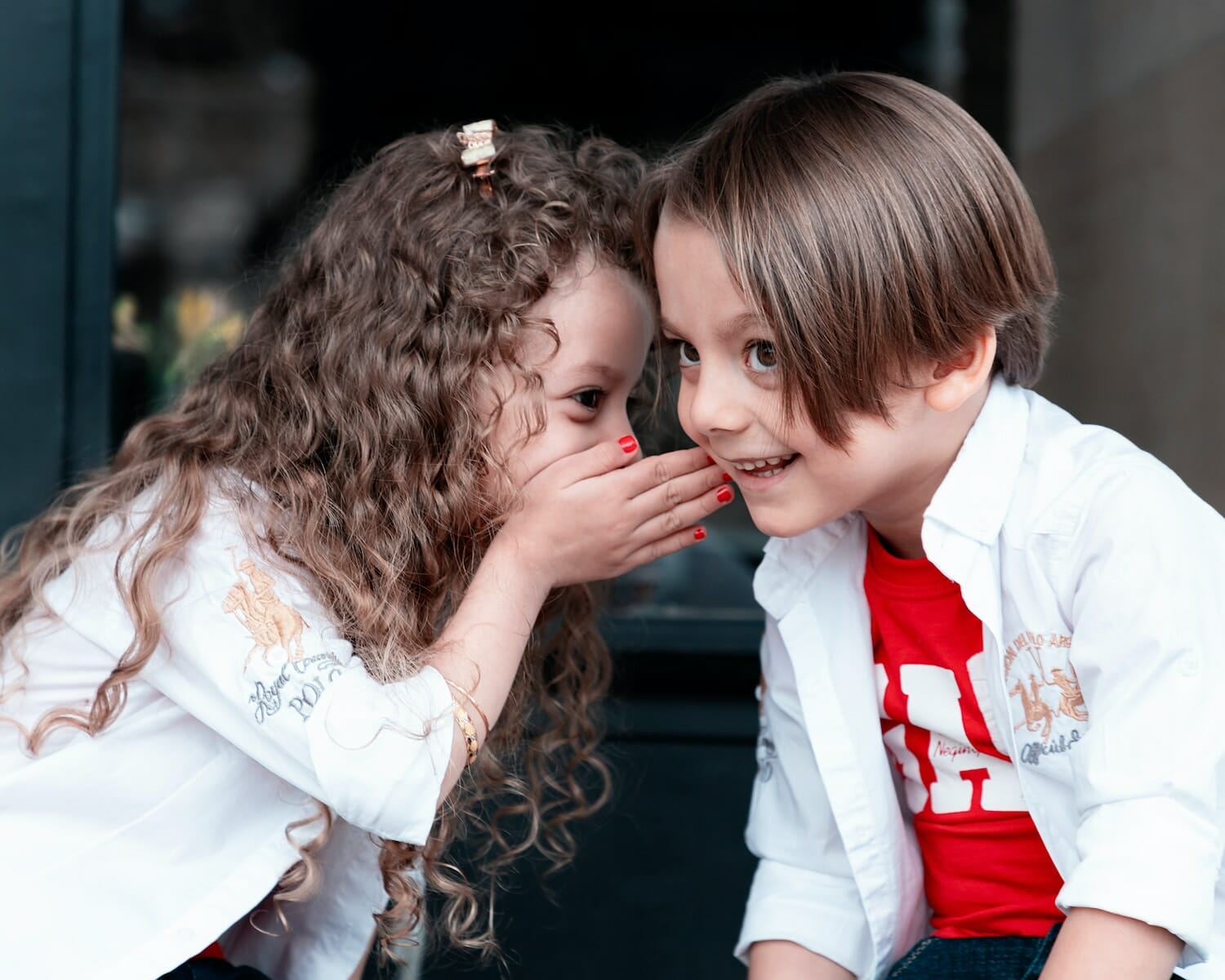When you think about your child’s development, the first things that usually come to mind are language skills, speech development, gross motor skills, and physical growth. However, social development is also a key piece of the development puzzle. Socialization in child development focuses on the child’s ability to interact with other children and adults.
A kid’s social development is the process by which children learn to interact with the environment and people around them. Interacting with other people in a community can help them understand their own individuality and learn how to communicate better with others. Healthy social development in 5-year olds can help children grow and navigate challenges in life with ease. From their ability to learn new vocabulary to resisting peer pressure in high school to handling conflicts in the workplace as adults, child development social skills play a major role in shaping personality.
What are the benefits of social development in children?
Socialization in child development can help your child develop and strengthen language skills. When your child has more opportunities to interact with other people, they are able to pick up on speech patterns, learn new words, and ultimately become better at speaking and interacting with others.
As they strengthen their language skills, they are able to play and communicate better with other children too. When children are unable to express their thoughts, they can feel frustrated and retreat further into their own selves. Being able to communicate effectively with other children can lead to meaningful experiences and also boost their self-esteem. This can impact academic performance too; studies show that children who have difficulty getting along with their peers face academic difficulties later.
How to enhance your child’s social development?
Social development in children starts as early as infancy. During the early years, parents are encouraged to smile at them, make frequent eye contact, and arrange playdates with other children to promote interaction.
As children grow older, you can begin to teach your child how to express emotions through words and actions. Encourage your child to talk about what they’re feeling and give them time to form sentences. There are also several social development activities for preschoolers recommended by curaJOY coaches, such as making up stories with their favorite stuffed animals and mimicking emotions that can help them become more expressive and learn social skills during the process. You can learn more about curaJOY’s social development programs for preschoolers and school-going children here.





Leave a Reply